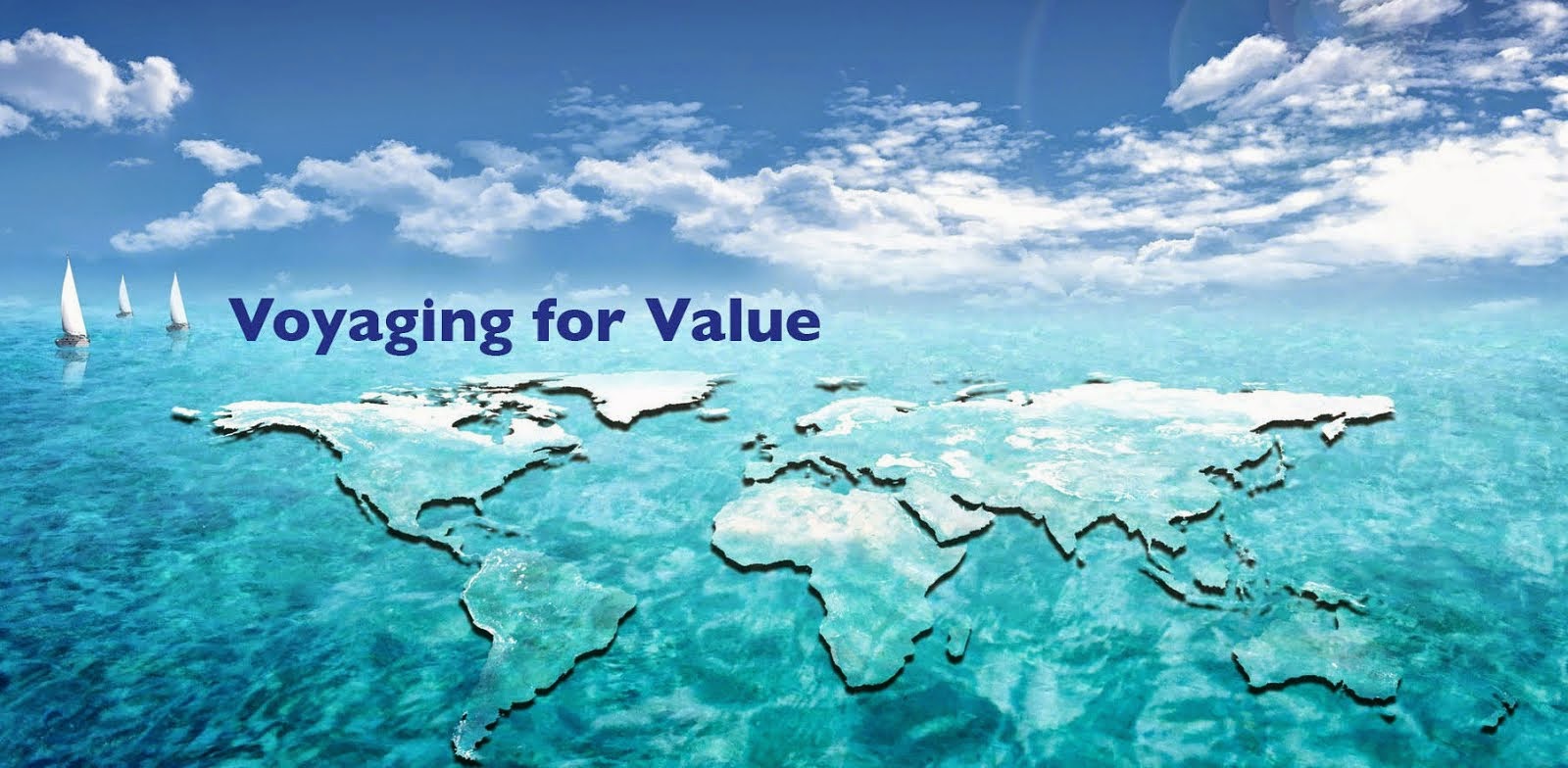Last week found me installed in the massive Marriott, a convention hotel located on a lovely marina. Some rooms had a view over the aircraft carrier Midway if you squinted sideways. I was there to participate in a conference organised by my Canadian client, and since Thanksgiving comes early in Canada that US holiday provided the perfect time to enjoy one of the world’s most agreeable climates. A terrific gathering was enjoyed by all. Canadians are among the world’s most charming people, but do not get mislead by that laid back approach: some of the finest minds in the investment industry come out of Canada, a centre of investment acumen.
The closing session was an expose by the renowned financial journalist and author Michael Lewis, he of Liars Poker fame, but more recently the writer of Flash Boys. Interestingly the hero of this book who almost singlehandedly and without much help from the authorities exposed the devious machinations of the High Frequency Traders was a Canadian. It took the head trader of RBC in New York to figure out what was going on. This went down well with the audience. As you can imagine Mr Lewis has won many plaudits but made not a few enemies for his efforts in shining a light into the murky corners of a part of the industry that the exploiters who inhabit this region would prefer remain murky. He is also a terrific raconteur and extremely knowledgeable so if you ever get a chance to hear him speak it will be time well spent.
My client was re-launching its product line and strategy for some 300 advisors. The reception seemed positive. My role was to reprise a Recovery fund that I have been privileged to look after for them for just shy of sixteen years. Over that period this Fund has won more than a few awards, and strongly outperformed its benchmark.
For me the big revelation of the conference was the nature of the breakout sessions: no more full on PowerPoint presentations with 5 minutes of Q&A at the end. Portfolio managers sat at a table with 100 or 50 of the clients in the audience and used a fireside chat format intended to be more of a conversation than a lecture.
The organisers had secured the services of Eric Bergman to advise on how to handle this new approach. He is a 25 year veteran in consulting on communications and the author of 5 steps to Conquer Death by PowerPoint. Not to steal his thunder but there are a couple of key insights about how to make sure your main message gets across and does not disappear in a cloud of data and supporting periphery. Set up a simple structure built around a very small number of key points; and then encourage a more open ended Q&A that enables those attending to ask about the things of interest to them rather than force feed your propaganda. The book works out to be an excellent way to spend a five hour plane ride.
More Q&A had pluses and minuses. You may get questions you do not want. I got one zinger I could have done without in my first session; but generally it makes sense to embrace a more participative approach as people remember what they think they hear rather than what you say. The human brain does not multitask well regardless of the current prevailing trend to try at all times to manage more than one activity simultaneously. So less really can be more in terms of retaining the important points.
That ties in with Eric’s guidance on how to handle questions. PAS. Pause, Answer, Stop. Preferably keep your answer to 10 words. It is a good discipline; but not easy to follow. In fact I flunked, but the framework helped keep the flow on track. My sense is that those who came felt better about the interaction afterwards. A great learning experience that left me thinking about how to apply some of his ideas to other parts of my business. I never tire of pointing out that the best part of this profession is that you learn something new every day. Here I got a whole new education that lasted most of the week.
As for San Diego the part I saw was pleasant. Downtown has a host of dining establishments covering almost every cuisine. The weather was a treat, high 70’s – even rising over 80 in the middle of the day - and this at the end of November. The air is clean: a welcome contrast to Singapore where the atmospheric norm is muggy. Still it is rather off the beaten track and I suspect might be a dull place to live full time, however delightful the climate.
 One thing that definitely was not dull was the Midway. Our conference included a dinner aboard the former aircraft carrier, now a museum, featuring a terrific 1950’s big band and superb period singers.
One thing that definitely was not dull was the Midway. Our conference included a dinner aboard the former aircraft carrier, now a museum, featuring a terrific 1950’s big band and superb period singers. The highlight though was the ship itself. Whatever you have read cannot do justice to the reality. Even if warships are not your thing you will find the Midway fascinating. Do not miss the simulator; but definitely try it before dinner.
Also do not miss the zoo. There seemed to be a lot of restoration in process so hold your trip for a year or so: a visit should provide a better experience come 2016.
The Panda appeared apathetic and disgruntled but perhaps he was having an off day. Otherwise an impressive collection of animals common and rare, and taken as a whole, one of the world’s best.







